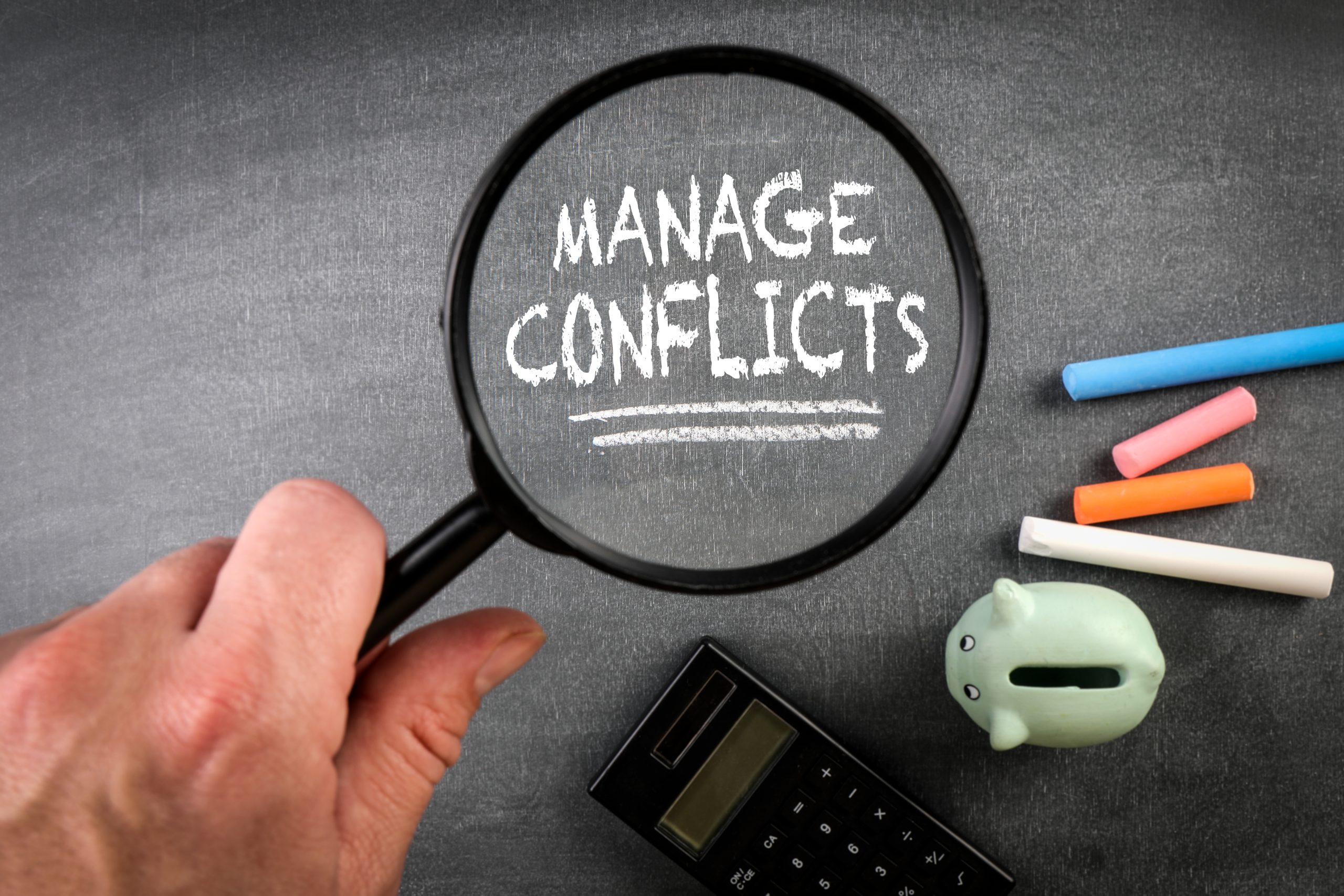Unlock Your Inner Peacemaker by Accessing Your Calm Self
© 2024 by Cherolyn Knapp, B.Comm, LLB.B, Q.Med
We’ve all experienced those moments when emotions take over. Our heart races, our mind clouds, and we react intensely. Whether it’s a heated argument with a loved one or a stressful work situation, unmanaged emotions can hinder our ability to solve problems and lead to damaged relationships.
Managing emotions is one of the 4 Big Skills™ taught in all of the High Conflict Institute’s New Ways training courses. This is because when human beings feel threatened and emotionally overwhelmed, our ability to think clearly and communicate effectively goes down. It’s like our brain is foggy, and we’re more likely to react impulsively or shut down entirely instead of responding thoughtfully. This can lead to hurt feelings, escalation of conflict and polarization.
When we’re calm and composed, we are capable of approaching problems with a clear head and building solutions that work for everyone. Even when we see things quite differently, being in a calm state gives us access to our complex problem-solving and collaboration abilities for solving difficult issues.
What Does Managing Emotions Mean?
Emotional regulation isn’t about suppressing our feelings or pretending everything’s always okay. It’s normal and healthy for people to feel a diverse range of emotions. Managing emotions is about learning to understand and feel our emotions in a healthy way. In this way, we can make decisions about what emotions to act upon and what emotions to put to set aside, rather than reacting impulsively.
In New Ways for Work® Coaching Manual, Bill Eddy and L. Georgi DiStefano write that there is a popular belief that upset emotions have to be vented one way or another. They say some people will claim that this means keeping feelings “bottled up inside” and they can’t tolerate how that feels. But how we think can significantly influence how we feel. Therefore we can all generally reduce how upset we feel inside more by changing our thinking than by venting our feelings.
Practical Tips for Managing Emotions
During the New Ways for Work® Coaching course I lead, we talk about coaching people in workplaces to improve their flexible thinking skills. I asked HCI’s high conflict experts to share their favorite techniques for encouraging flexible thinking to share in an article and here’s what they said:
CalmB4Think: Two-step approach
Everyone can benefit from developing their own strategies for managing emotions over the long term and in difficult moments. Here are some techniques for helping to remain or restore your equilibrium.
- Take a break: If it’s appropriate, step away from the situation and take a walk or do something you enjoy. Sometimes this means being direct and saying “I need to take 5 minutes for a reset” or “you’ve given me a lot to think about, let’s come back to this tomorrow.” Other times it might mean making up an excuse to exit a situation gracefully, like “I need to step out to the washroom for a minute” or “I’d like to keep talking, but I have to get to another commitment.”
- Slow down your breathing: Deep, slow breaths can help calm your body and mind.
- Ground yourself with your 5 senses: Pay attention to what you see, hear, smell, taste, and feel. This can help you stay present and focused.
- Positive self-talk: Encourage yourself with kind and supportive words such as “Even though this feels difficult, I am going to be okay” or “I have good problem-solving skills and I can handle this if I’m able to stay in a calm mindset.”
- Fidget with a stress reliever: A small object like a fidget spinner or a stress ball can help you channel your energy.
- Talk to someone who is not involved: Speaking with someone who is not involved and doesn’t automatically agree with your point of view or take sides will often help calm you down until you can think more clearly.
- Practice Mindfulness: Regular mindfulness practices like meditation, yoga, breath work or journaling can help you develop skills for accessing a calm state more readily.
Managing emotions is a skill that takes time and practice. By incorporating strategies into our day to day interactions, we can develop that skill to use when we have really challenging interactions with other people. Working on ways to remain in or return to a “calm self” mode gives us access to parts of our brains that can handle very complex and innovative problem-solving, rather than acting without thinking.
Do you want to develop your skills for dealing with high conflict behavior?
- Cherolyn Knapp teaches the New Ways for Work® – Coaching and New Ways for Work® – Leaders courses at HCI. These courses are developed specifically to teach 1:1 coaching and leadership skills to work with employees on improving team functioning.
- Megan Hunter leads Conflict Influencer™, a 6 week course where you can spend 90 minutes each week on developing your skills. Whether you think you’re involved with someone with high conflict behaviors or you think you might have some high conflict behaviors, this class will help you.
- Explore HCI’s many other on-demand and online live-stream courses here.

Cherolyn Knapp, B.Comm, LL.B, Q.Med is a conflict resolution consultant, mediator, trainer, workplace investigator, and lawyer based in Victoria, Canada. She holds a B.Comm (Human Resources) from Toronto Metropolitan University and an LL.B. from the University of Ottawa. Cherolyn began teaching HCI’s techniques in 2020, and she now brings a thorough knowledge of high conflict personality traits and resolution strategies to HCI’s trainings. Cherolyn is the New Ways for Work® instructor for HCI.




